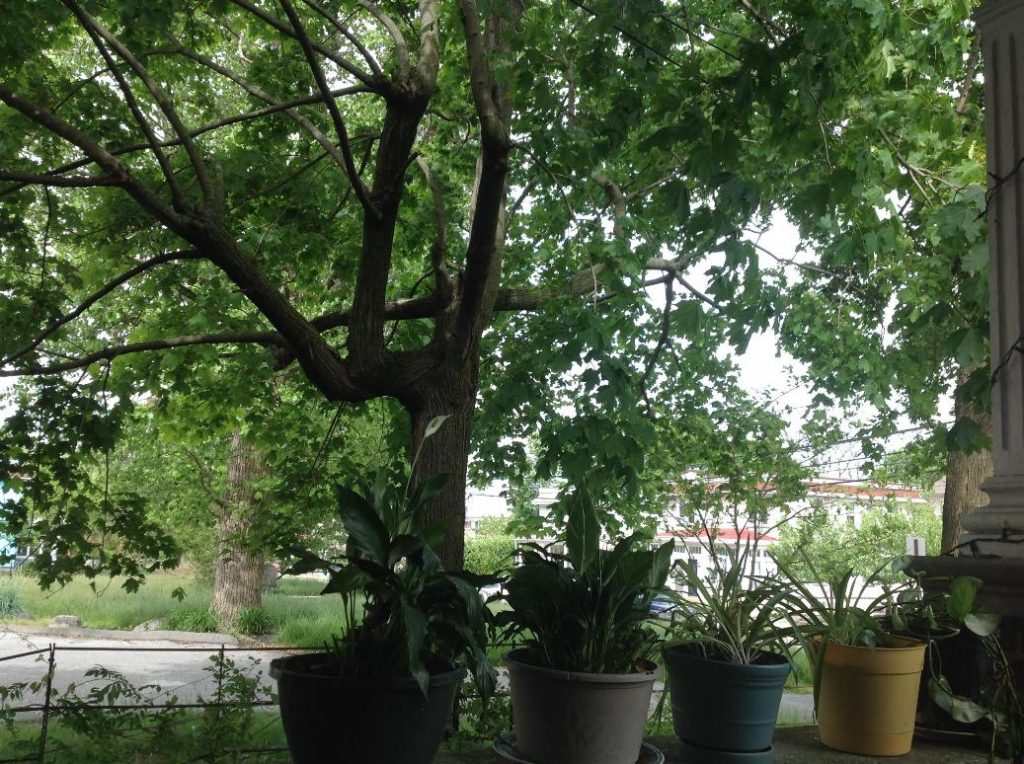by Marta Castillo, Conference Leadership Minister

A friend of mine gave me a mug with “Jesus & Coffee” inscribed on it. I didn’t really like it at first because it felt irreverent. I mean, I love coffee, but it couldn’t and shouldn’t be compared with Jesus.
In the recent months of the stay at home reality of COVID-19, my “Jesus & Coffee” mug has come to represent a deep need in my spirit to slow down, seek the Kingdom, and spend time in God’s presence.
When I had small children, I learned to eat really fast so that I could be done before they were done. I also learned to pray breath prayers (Lord, please help me; Give me patience; Let me sleep) because I had no time to sit and be still. That season of my life is long gone, but I am still learning how to eat more slowly and enjoy my food. I am also still learning to pray more slowly and deeply, and enjoy my time with God.
I technically work three jobs and manage a household, so life is full and crazy. But there are slow days. Whether my work day is busy or not, I still struggle with sitting still and spending time with God. I get distracted by small tasks, social media, and reading.
The scripture passage that has been on my heart these days is Isaiah 30:15, “This is what the Sovereign Lord, the Holy One of Israel, says: ‘In repentance and rest is your salvation, in quietness and trust is your strength, but you would have none of it’” (NIV).
When I do sit with God, and listen, pray, and reflect, God’s Spirit moves and disciples me. I am re-aligned to the plans and purposes of the Kingdom of God. I am strengthened and encouraged in God’s peace and love. It is the repentance, the turning towards and waiting on God, and the rest that saves me from my anxious thoughts, distractions, and fear. It is the stilling of my body, soul, and spirit and the confession of faith and trust in God that gives me direction and strength.
So why would I have none of it? Why would I drag my feet on the way towards the Shepherd who provides? Why would I resist the green pastures and still waters? Why wouldn’t I jump out of the boat with abandon and swim toward Jesus like Peter and rush to have breakfast with my Lord on the beach?

Even as I resist, the word of God promises, “The Lord longs to be gracious to you; therefore he will rise up to show you compassion. For the Lord is a God of justice. Blessed are all who wait for him!” (Isaiah 30:18, NIV)
I extend to you the invitation that God’s Spirit through Jesus has extended to me for ongoing salvation and strength: “Here I am! I stand at the door and knock. If anyone hears my voice and opens the door, I will come in and eat with that person, and they with me.” (Revelation 3:20, NIV)
Therefore, I will choose to sit on my front porch and enjoy my coffee with the blowing wind, the warmth, and the shelter of the trees. I will choose to quiet myself, to turn towards God in repentance and wait for my salvation and strength.












